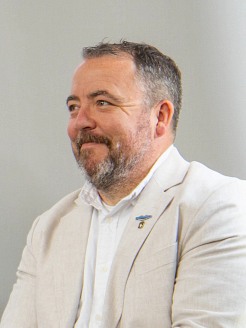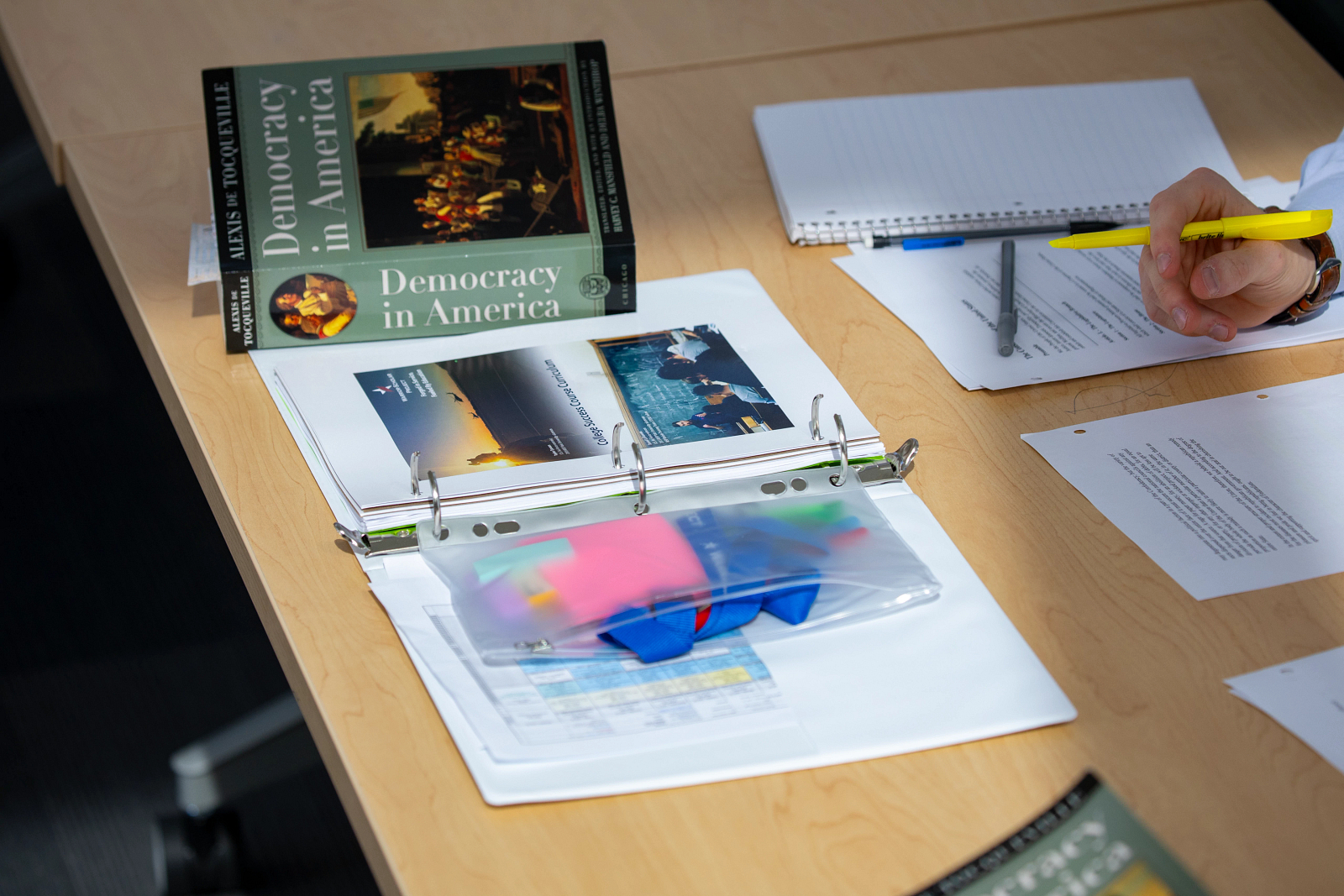PROVIDENCE, R.I. [Brown University] — It’s not often that a military service member goes through boot camp twice.
But at Brown University, 16 military veterans and active-duty members are getting a rigorous preview of higher education experiences as the University hosts its first-ever Warrior-Scholar Project Humanities Academic Boot Camp, from June 17 to 24.
The week-long boot camp offers an intensive curriculum designed to help military veterans prepare for a collegiate academic environment while learning strategies to become even more successful students. From lessons delivered by University faculty and mentorship from fellow student veterans, to one-on-one tutoring sessions and group seminars led by Brown graduate students, Warrior-Scholar Project boot camp participants are learning to adjust to concepts and practices that may seem unfamiliar after years spent away from the classroom.
“When you’re a student veteran, you’re working through what it means to be yourself outside of the military,” said Becky Scheusner, program coordinator in Brown’s Office of Military-Affiliated Students, who helped organize the event. “It’s exciting, but it can also be pretty intimidating — scary, even.”
A U.S. Navy veteran and Brown alumna herself, Scheusner has firsthand experience in making the transition from service to school. She empathizes with the obstacles student veterans face in a university setting — which is why she finds the WSP boot camp such a valuable resource.
“The challenge is that military life has left an indelible mark on you, but the size of that mark is entirely up to you,” she said. “A big part of going to college is having your assumptions questioned, and this is a supportive, intellectual environment where you get to decide: ‘Do I want to keep that assumption? Or do I want to change it?’”

